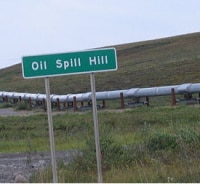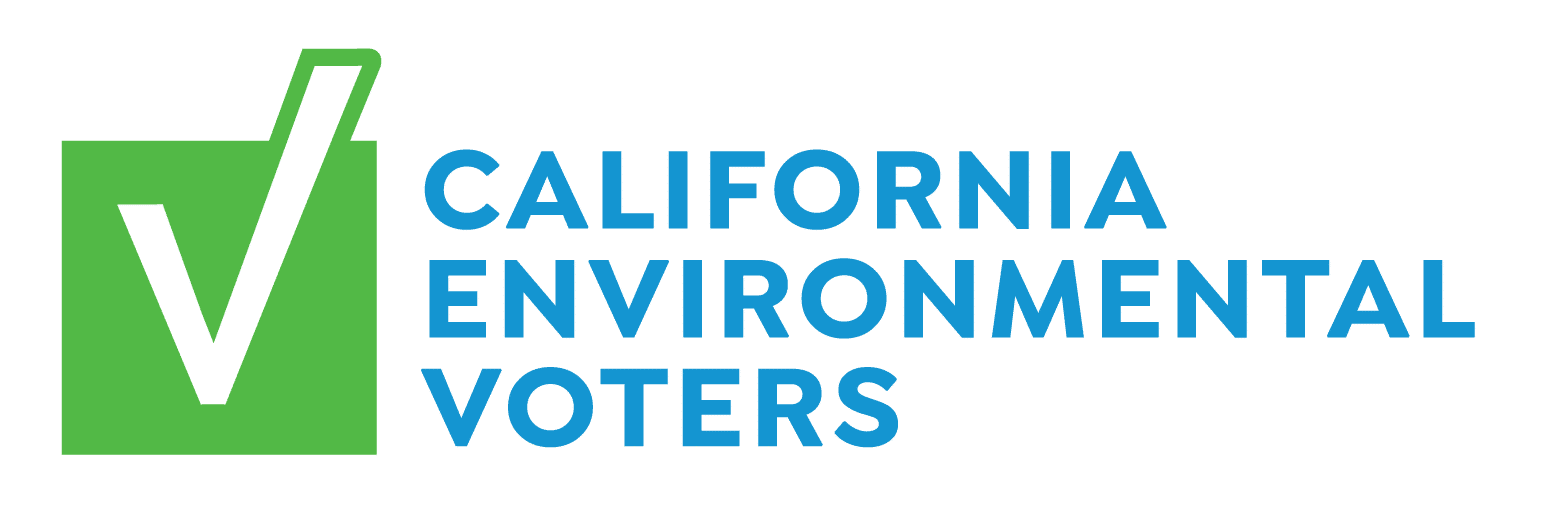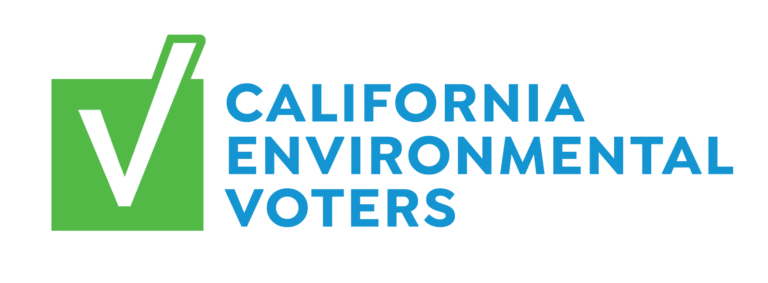
The saying goes that the squeaky wheel gets the oil. But in the case of the tar sands pipeline, I think the adage could be revised to something like the shouts of thousands have stopped the oil – for now.
For weeks, environmentalists, farmers and other activists around the country have been out in full force pleading with President Obama to reject the Keystone XL pipeline. This is TransCanada’s proposed pipeline that would run through our country’s agricultural heartland from Canada to the Gulf of Mexico.
For a president who ran on a platform that supported renewable energy, the pipeline proves to be one of the big tests of Obama’s commitment to his pledge. If the pipeline were to go forward, it would perpetuate the country’s dependence on dirty fossil fuels. Besides feeding the U.S.’s oil addiction, numerous other environmental problems are associated with the proposed path of the pipeline including:
-
The potential fouling of the one of the nation’s largest sources of drinking and irrigation water – the Ogallala Aquifer. According to Wikipedia it “yields about 30 percent of the nation’s ground water used for irrigation,” and “provides drinking water to 82 percent of the people who live within the aquifer boundary.”
-
Its disruption of and potential threat to sensitive wildlife habitat and migratory routes such as that of the whooping and sandhill cranes, and pronghorn antelope.
-
Several major rivers would be crossed multiple times including the Missouri, Mississippi, Yellowstone – which suffered from a pipeline spill this summer – and Neches Rivers.
We’ve seen too many times that transportation of oil just can’t be guaranteed to be safe. I saw signs of this (literally) firsthand while traveling 400 miles side-by-side the giant Alaska Pipeline from Fairbanks to Prudhoe Bay – one of the roads I passed was aptly named Oil Spill Hill.
But beyond these very real threats, the pipeline would support one of the most destructive forms of oil extraction – the Albert oil sands. So dirty is the operation that the mainstream magazine National Geographic did a cover story on the tar sands back in 2009 in which noted, “Once considered too expensive, as well as too damaging to the land, exploitation of Alberta’s oil sands is now a gamble worth billions.”
Here’s an excerpt describing the gravity of the project:
Nowhere on Earth is more earth being moved these days than in the Athabasca Valley. To extract each barrel of oil from a surface mine, the industry must first cut down the forest, then remove an average of two tons of peat and dirt that lie above the oil sands layer, then two tons of the sand itself. It must heat several barrels of water to strip the bitumen from the sand and upgrade it, and afterward it discharges contaminated water into tailings ponds like the one near Mildred Lake. They now cover around 50 square miles. Last April some 500 migrating ducks mistook one of those ponds, at a newer Syncrude mine north of Fort McKay, for a hospitable stopover, landed on its oily surface, and died.
But perhaps you aren’t convinced that the pipeline is a bad idea because you see the rising costs of fuel and the pipeline brings hope of costs going down at the pump. Unfortunately, according to the U.K.’s Guardian:
TransCanada itself admits that by removing an oil oversupply in the Midwest, the pipeline would result in “an increase in the price of heavy crude” that should net Canadian oil producers a $1.9bn increase in revenue at the expense of American consumers. Gulf Coast refiners, which would receive tar sands oil from Keystone XL, have detailed a strategy to their investors to export the oil out of the United States.
So there you have solid economic, public health, and environmental arguments against the pipeline. With the facts laid out, it seems hard to justify the approval of such a risky, damaging project in which those who stand to gain the biggest profit are with a foreign corporation at the expense of Americans.
And perhaps that’s what the Obama Administration realizes. After all, they have delayed the decision on whether or not to approve the Keystone XL Pipeline until 2013. That extra time will allow the environmental assessment process to be redone by a neutral party. The original report had come from a group with financial ties to TransCanada.
While some are taking this as good news, we should not let up the fight. Celebration should be called for only once the proposal is completely off of the table. In the meantime, the project being delayed could remove the topic completely from the debates going into the presidential election. We can’t let that happen either. It’s up to us on the grassroots level to make sure the topic doesn’t die and that we get Obama and other candidates on the record with their position on the pipeline — and hopefully they will side with the interests of everyday Americans rather than polluters looking to make more profit at our expense.



